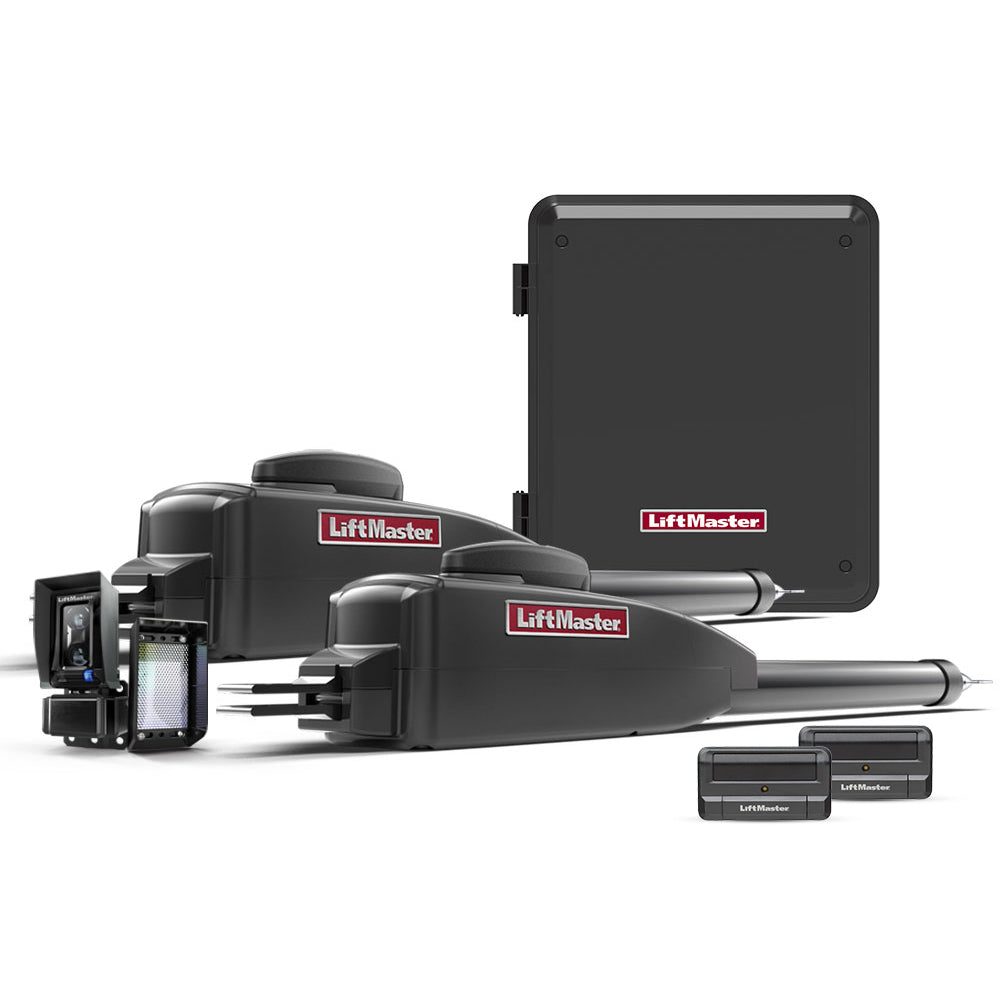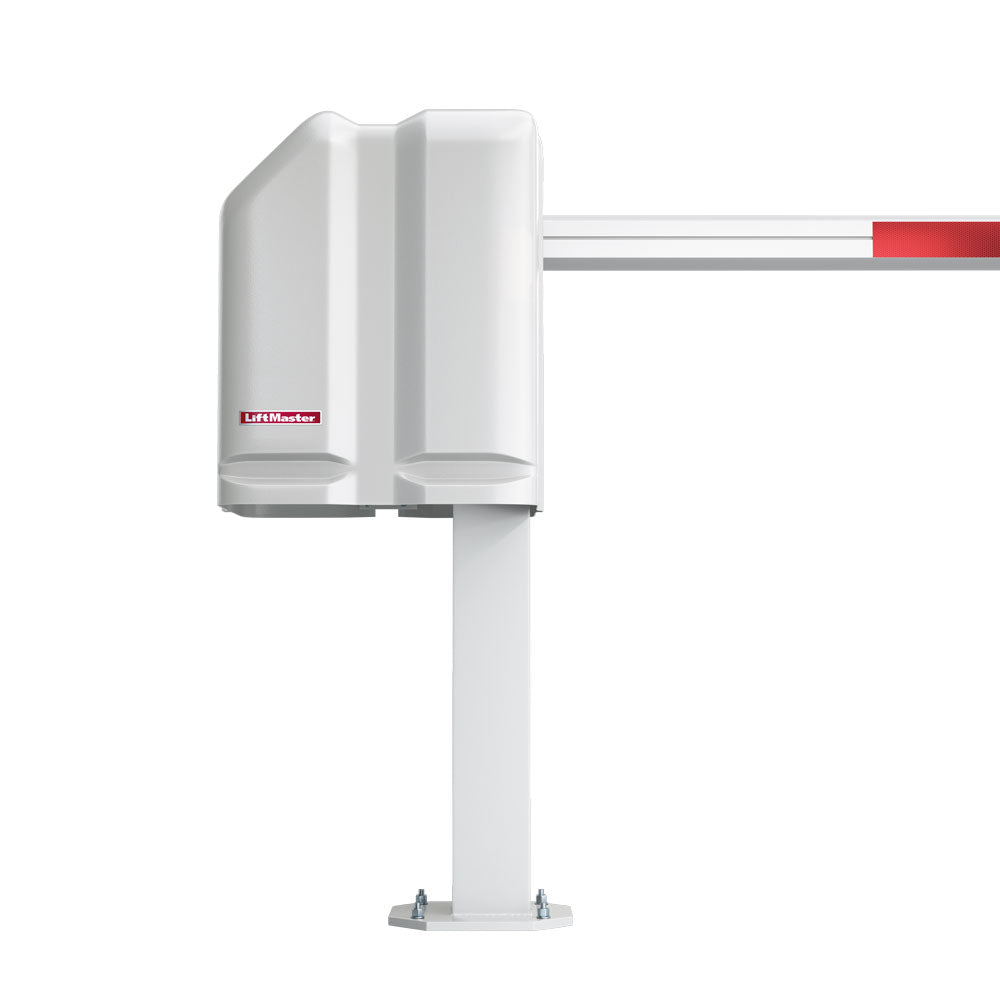Working in an industrial setting exposes workers to all types of hazards. Nylon gloves are essential apparel and part of a worker’s PPE for keeping the hands safe and protected at all times.
The Occupational Safety and Health Administration (OSHA) recommends the selection of nylon gloves for a particular task. However, OSHA does not specify any requirement or application for nylon gloves. Employers decide on their use based on the nature of the job.
All Security Equipment offers a wide range and collection of reliable nylon gloves and other industrial gloves for different applications.
OSHA Standards and Regulations for Industrial Gloves
OSHA Standard 1910.138 provides the standard guidelines for hand protection, including the use of safety gloves. When a workplace assessment determines potential injury that cannot be eliminated through engineering and work practice controls, it is recommended that employees wear appropriate hand and arm protection.
Employers must require employees to wear appropriate hand protection, similar to eye protection, respiratory protection, and hard hats, in the work area. When harmful substances, severe cuts, abrasions, punctures, and chemical and thermal burns are possible in the workplace, nylon gloves must be worn appropriately.
It must fit properly, and the glove material must be suitable for the tasks being handled and the nature of the contact.
Employees must be trained on how to properly wear nylon gloves, just as they would be trained to wear any other personal protective equipment.
Nylon Glove Application
OSHA standards don’t specify what the requirements and applications are for nylon gloves. It is up to the assessment of the employer and is mainly based on the nature and duration of the contact.
Nylon gloves are made of thermoplastic synthetic polymer and are best used for applications that require total cleanliness and no fingerprints. They are also better than latex gloves or natural rubber gloves because they don’t cause allergic reactions.
Nylon gloves are ideal for different industrial applications such as:
- Electronic operations
- Laboratory works
- Pharmaceuticals
- Inspection works
- Construction works
- Outdoor applications
- Nitrile-dipped nylon gloves for handling chemicals
- Works that handle grease and oils
Basic Features of Nylon Gloves
Different glove materials serve different purposes across various industries. This includes rubber gloves, cotton gloves, leather gloves, palm-coated gloves, chemical-resistant gloves, abrasion-resistant gloves and heat-resistant gloves.
Nylon gloves were slightly underappreciated in industrial applications in the past, except in the pharmaceutical and medical industries. Recently, they have replaced some general-purpose gloves in the non-medical field. They are now popular in many businesses, mainly because of their durability and affordability.
Nylon gloves have high touch sensitivity and are lightweight and flexible, ideal for jobs that require better dexterity and grip. They are also applicable in industries requiring cleanliness because they produce less lint than other types of gloves.
Nitrile-dipped nylon gloves have improved grip when handling oily and wet materials. They can be reversible or disposable gloves with an untextured surface that glides easily onto the hands.
Nitrile-coated nylon gloves are also abrasion-resistant and chemical-resistant, providing basic hand protection. However, they are not heat-resistant and should not be used as replacements for hot mill and welding gloves.
Choosing the Best Nylon Glove for Industrial Applications
If you are looking for a tough, durable pair of gloves for material handling and laboratory supplies, visit us at All Security Equipment.
We offer nylon gloves for multipurpose use and other industry gloves designed for protection and comfort. For additional information on the product description and bulk orders of our nylon gloves and related products, contact our customer service.












